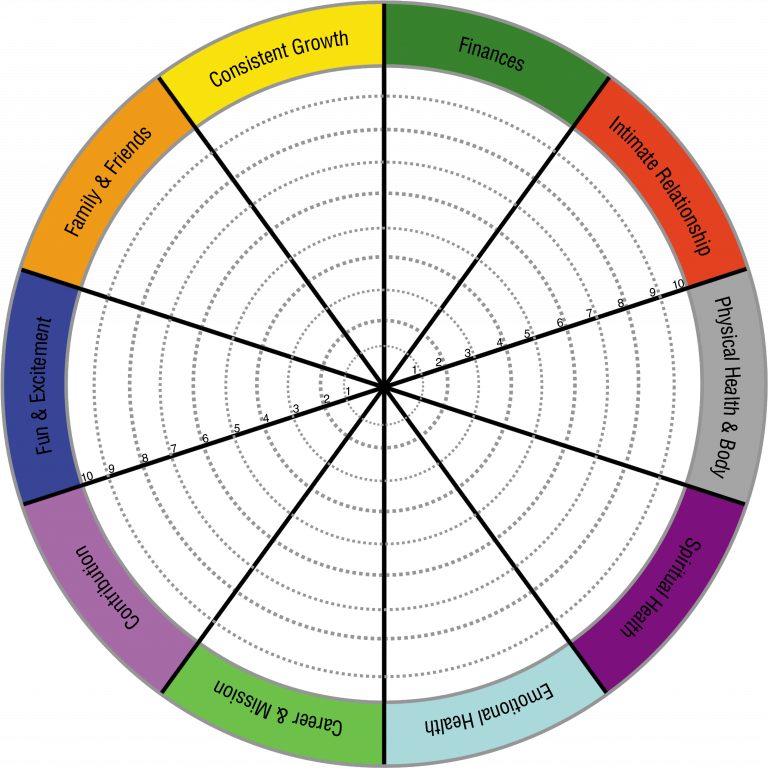Most of us have been there—you meet someone amazing, things are going great, and then suddenly you find yourself pushing them away. If this sounds familiar, you might be dealing with self-sabotage in your relationships. Let’s dive into what this looks like, why it happens, and, most importantly, how to break free from this cycle.
Understanding Self-Sabotage in Relationships
Self-sabotage is like being your own worst critic in love. It’s when you unconsciously create problems in your relationship or push your partner away, even though deep down you want to be close to them. As a self-sabotage-in relationships therapist in Dubai, I’ve seen this pattern play out countless times.
Let’s look at some common ways people sabotage their relationships with some examples:
The Commitment Phobe
Meet Alex. He’s charming and fun, but the moment things start getting serious, he runs away. He’s always got an excuse: “I’m not ready” or “It’s not the right time.” Sound familiar?
The Jealous Partner
Then there’s Samantha. She’s constantly checking her boyfriend’s phone, questioning his every move. Her insecurity is pushing him away, even though he’s given her no reason to doubt him.
The Perfectionist
Lisa nitpicks everything her partner does. The way he dresses, how he talks, and even how he makes coffee. Nothing is ever good enough, and it’s slowly eroding their connection.
The Avoider
Tom shuts down at the first sign of conflict. Instead of talking things through, he retreats into silence, leaving his partner feeling frustrated and alone.
The Scorekeeper
Emma keeps a mental tally of every little thing her partner does wrong. She brings up past mistakes in every argument, never letting anything go.
Why Do We Self-Sabotage Our Relationship?
Self-sabotage doesn’t come out of nowhere. It often has deep roots in our past experiences and beliefs about ourselves. Here are some common causes:
Fear of Intimacy: If you’ve been hurt before, getting close to someone new can feel scary. For your own safety, you might push them away.
Low Self-Esteem: If you don’t believe you deserve love, you might subconsciously create situations that confirm this belief.
Childhood Experiences: How we were treated as children can shape our adult relationships. If you didn’t have healthy relationship models growing up, you might struggle to maintain them now.
Trust Issues: Past betrayals can make it hard to trust new partners, leading to jealousy or constant suspicion.
Perfectionism: Setting impossibly high standards for your partner or relationship can be a form of self-sabotage.
The Power of Professional Support
Breaking free from self-sabotage may require professional help. As a self-sabotage in relationships therapist in Dubai, I offer personalized support through my R3 Program. This six-week journey helps you Release negative patterns, Realign with your true self, and Rise to your full potential in relationships.
Overcoming self-sabotage is a journey, not a destination. Remain patient with yourself and celebrate each little achievement. With time and effort, you can build the healthy, fulfilling relationships you deserve.
If you’re ready to break free from self-sabotage and create the love life you’ve always wanted, take the first step today. You don’t have to do this alone. Reach out and let me be your self-sabotage in relationships therapist in Dubai.


